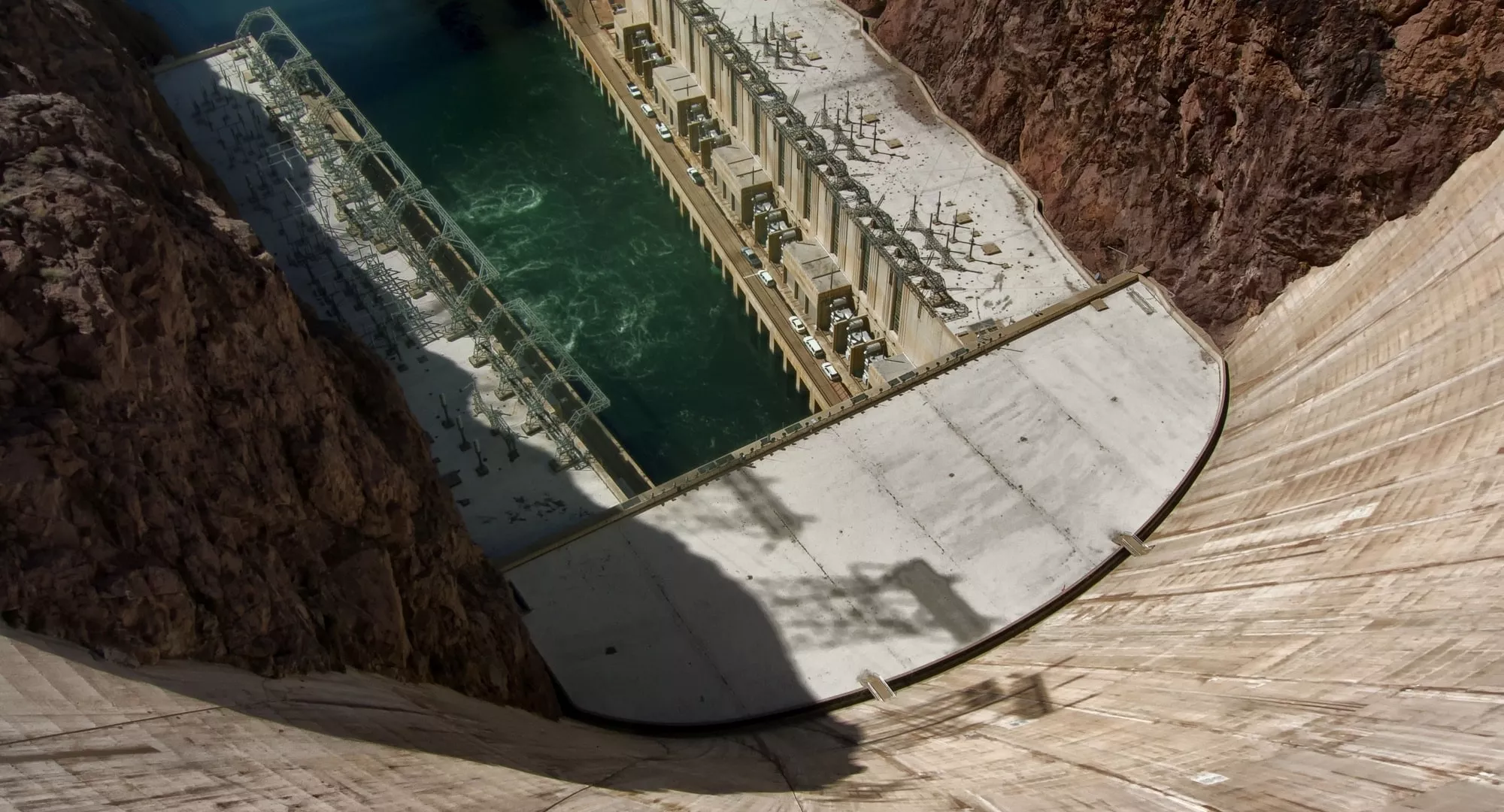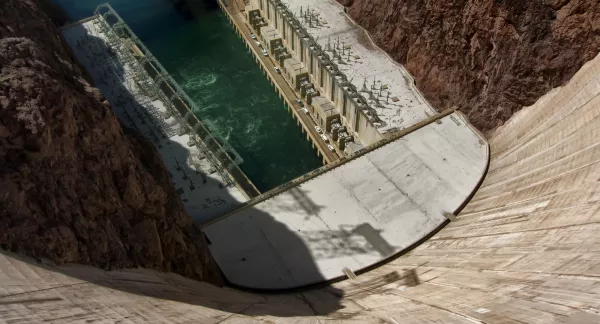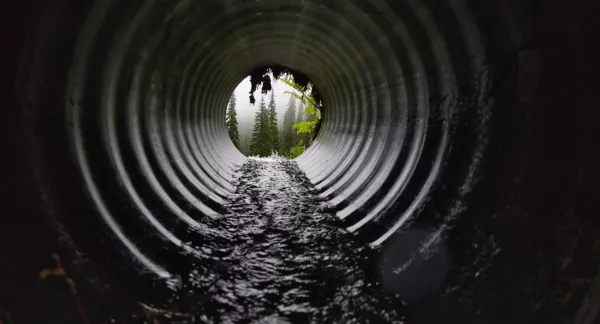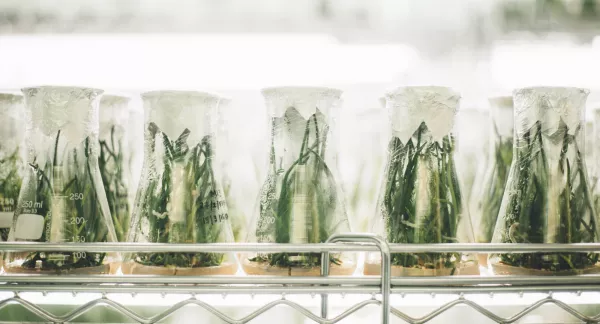
Tradeoffs Between Process Optimization, Greenhouse Gas Mitigation, and Energy Efficiency
Research Impact
Water Resource Recovery Facilities (WRRFs) are evolving from simply meeting permit limits to proactively managing stricter effluent requirements and aligning with broader sustainability goals. As they navigate the balance among process optimization, energy efficiency, and greenhouse gas (GHG) mitigation, a straightforward approach to addressing these trade-offs remains unavailable. Although methods like technology assessment, cost-benefit analysis, and life cycle assessment aid utilities in selecting optimized treatment processes, they often lack a systematic way to align sustainability goals with technologies and infrastructure.
The objective of this project is to develop a framework and decision-support tool to evaluate trade-offs among process optimization, energy efficiency, and GHG mitigation for medium and long-term planning. A web-based, interactive visualization tool will allow users to input site-specific metrics and, using validated benchmarks, generate preliminary comparisons of optimization and infrastructure alternatives with embedded uncertainty analysis. The results of this research project will be directly applicable to utilities and organizations that are either beginning to enhance treatment processes to meet optimization and sustainability goals or facing challenges from upcoming effluent standards.



